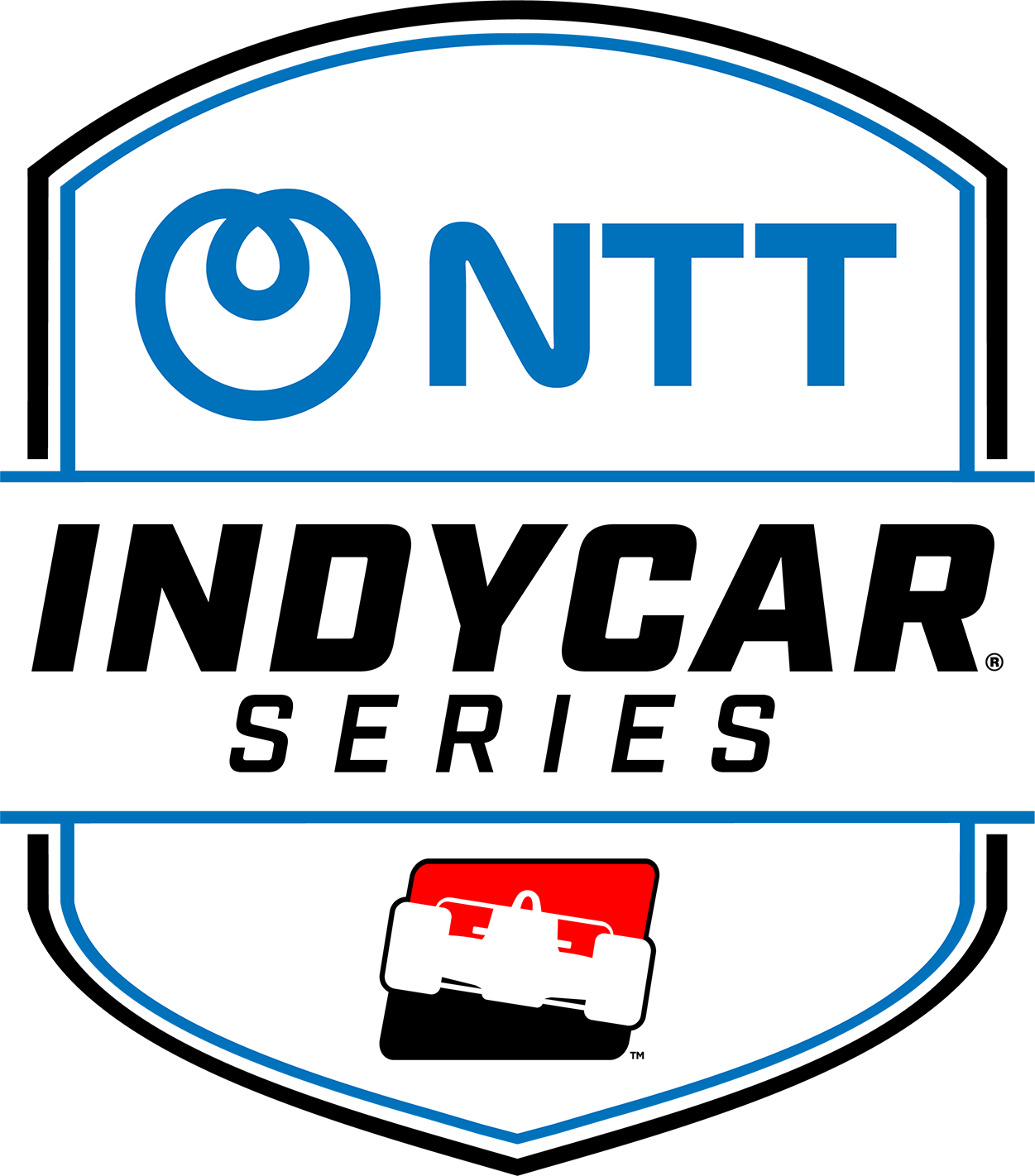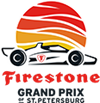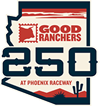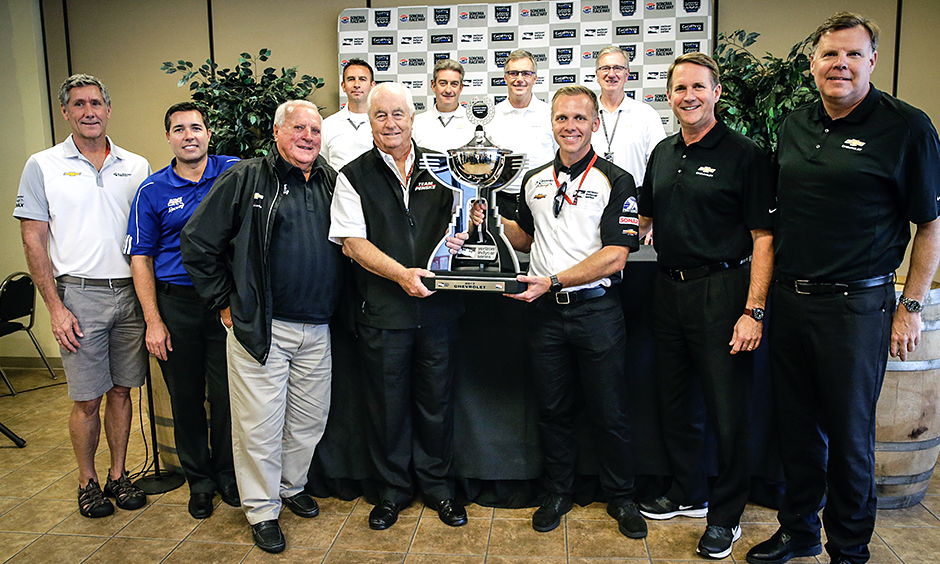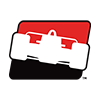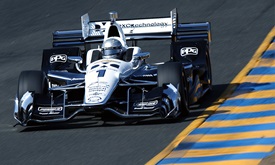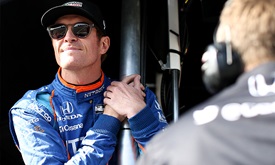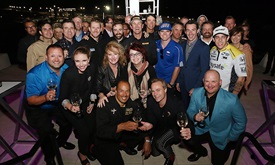Outnumbered, Chevy still wins 6th straight manufacturer title
SEP 16, 2017
SONOMA, California — Six in a row, and Chevrolet expects to keep counting.
Despite having fewer cars than rival Honda this season, Chevrolet was recognized today for clinching its sixth consecutive Verizon IndyCar Series manufacturer championship a day before the GoPro Grand Prix of Sonoma. No matter what happens in Sunday’s race at Sonoma Raceway, Chevrolet cannot be overtaken in manufacturer points.
“Although we were outnumbered on the track in quantity, we had the quality needed to win the races and poles required to win the championship,” said Mark Kent, Chevrolet’s director of motorsports competition. “It’s an accomplishment we’re very proud of.
“Chevrolet races to win. We race to win key races and we race to win championships. Every year, that’s our goal. We know eventually when you’re on the top, you get knocked off, but our goal is to stay on top as long as we possibly can.”
Chevrolet’s 2.2-liter, twin-turbocharged, direct-injected V-6 engine powered eight full-season entries compared to Honda’s 13 in 2017 competition, yet has won nine races and 10 poles in 16 starts entering the season finale.
In the 100 races since its return to Indy car competition in 2012, Chevrolet has won 66 races, 73 poles and captured 177 out of a possible 300 podium finishes. In the 48 races of the competitive aero kit era since 2015, Chevrolet has won 33, earned 39 poles and captured 89 of 144 podium spots.
“It’s the result of tremendous teamwork, not only with our race teams but our technical partners at Ilmor, Pratt & Miller Engineering and Hitachi Automotive Systems. They work together very hard,” said Kent, referring to Chevrolet’s engine builder, aero kit supplier and fuel-injection component provider.
“The most exciting thing about this year is once again every one of our teams contributed to this championship,” Kent said. “It reinforces the strength of our team. Team Penske, AJ Foyt Racing and Ed Carpenter Racing, all three of them contributed.”
After this weekend’s season finale, the focus shifts to preparing teams to use the new universal aero kit in 2018 developed by chassis builder Dallara to all entries. The 2017 season finale marks the end of the competitive aero kit era, allowing Chevy to focus solely on engine development moving forward.
“We won some manufacturers championships before the aero kits, we won ‘em with the aero kits and we’re looking forward to the next chapter of INDYCAR and continued success by our Chevrolet teams with the new 2018 car,” Kent said.
“If you look back at the success of Chevrolet with the aero kit, I believe a lot of our success could be attributed to our preparation for the introduction of the kit. Our teams got to the first tests and first race of the aero kits with a tremendous amount of data we had provided them. They knew exactly what our kit did and how to use it. That’s really going to be our focus toward 2018, to assure that our teams have sufficient data so they’re not guessing how to use the new kit and are using it as effectively and efficiently as possible.”
That’s not to say Chevrolet officials feel their work is complete for 2017. Team Penske drivers Josef Newgarden, Helio Castroneves, Simon Pagenaud and Will Power are each in the mix for the driver’s championship. Chevrolet would like to add one of those drivers to the list of Chevy champions that includes Ryan Hunter-Reay (2012), Power (2014), Scott Dixon (2015) and Pagenaud (2016) in the current era.
“We’ve got to make this happen,” said Jim Campbell, U.S. vice president of performance vehicles and motorsports for General Motors.
“We want to focus on supporting our teams – Team Penske – give them the best opportunity to win this race, finish up ahead of the competition, look to bring home another driver’s championship.”
Chevrolet’s previous competition in Indy car racing ran from 1986-93 and 2002-05, when its V-8 engines won 111 races, one manufacturer championship, seven Indianapolis 500s and six driver titles.
For more information about Team Chevy, visit https://www.facebook.com/TeamChevy/.
